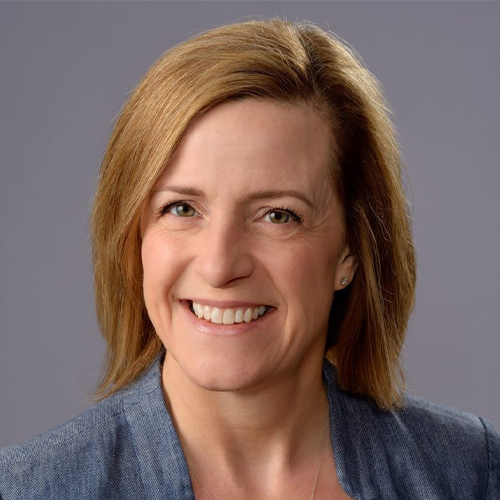Serese Marotta shares her personal story of loss and advocacy, underscoring why protecting vaccines is a responsibility we all share.

Serese Marotta
Deputy Chief Executive Officer, Vaccinate Your Family
Joseph’s story is one that no parent should ever have to share. During the H1N1 flu pandemic in 2009, I lost my healthy, five-year-old son to a vaccine-preventable disease. His bright smile, boundless energy, and dreams for the future were taken from us in a matter of days. It’s a heartbreak I carry with me every day, and it fuels my commitment to ensure no other child dies from the flu or any other vaccine-preventable disease. Vaccines save lives, yet their lifesaving potential is under threat from misinformation, access challenges, and policy gaps. We must act now to protect the health and future of our families and communities.
For decades, vaccines have stood as one of the greatest achievements in public health. They eradicated smallpox, brought polio to the brink of elimination, and controlled deadly diseases like measles. These milestones aren’t just historical triumphs — they’re a testament to the power of vaccines and how they help us lead healthy lives. By creating community immunity, vaccines not only protect individuals but also shield entire communities from devastating outbreaks. They are a cornerstone of preventive healthcare, enabling healthier lives and stronger futures. Joseph’s story serves as a painful reminder of the human cost when vaccination coverage is less than ideal. Every missed opportunity for vaccination is a risk we cannot afford to take.
Declining vaccination rates
Despite their proven success, vaccines face mounting challenges in today’s world. Online misinformation and lack of trust have fueled vaccine hesitancy, leading to the resurgence of vaccine-preventable diseases that were once controlled. A recent survey by the National Foundation for Infectious Diseases revealed alarming gaps in vaccine confidence, with many individuals expressing distrust or apathy about vaccines for influenza, COVID-19, and other preventable illnesses. Trust plays a critical role in vaccine decision-making, and rebuilding that trust requires consistent, transparent communication and culturally tailored outreach efforts.
Access disparities further compound the problem. Underserved and minority communities often face significant barriers to vaccination, from logistical challenges like transportation to systemic issues like underfunded healthcare systems. These inequities leave millions vulnerable to preventable diseases, perpetuating cycles of illness and loss.
Policy gaps also threaten community health. School vaccination requirements have long been a cornerstone of public health, ensuring high immunization rates and protecting students, staff, and communities alike. Yet recent policy shifts allowing for non-medical exemptions have undermined these protections, increasing the risk of outbreaks. Rising exemption rates have left more schools at risk of preventable disease outbreaks. We must prioritize policies that reinforce, not weaken, these safeguards.
Strengthening public health
It’s time to renew our commitment to public health and vaccinations. This starts with stronger public health campaigns and education to combat misinformation and build trust. We need equitable vaccine distribution systems that remove barriers and ensure every community, regardless of ZIP code, has access to these lifesaving tools. Policymakers must also step up by enacting and upholding legislation that prioritizes public health, including vaccination requirements for schools. Protecting our communities requires collective action at every level.
As a parent and advocate, I’ve seen firsthand the devastating consequences of vaccine-preventable diseases. Joseph’s story is not just my family’s tragedy; it’s a call to action for us all. We have the tools to protect our loved ones and our communities, but we must use them. Let’s honor the memories of those we’ve lost and safeguard the future for those who come after us. Vaccines are a lifeline we must protect — for Joseph and for all of us.

